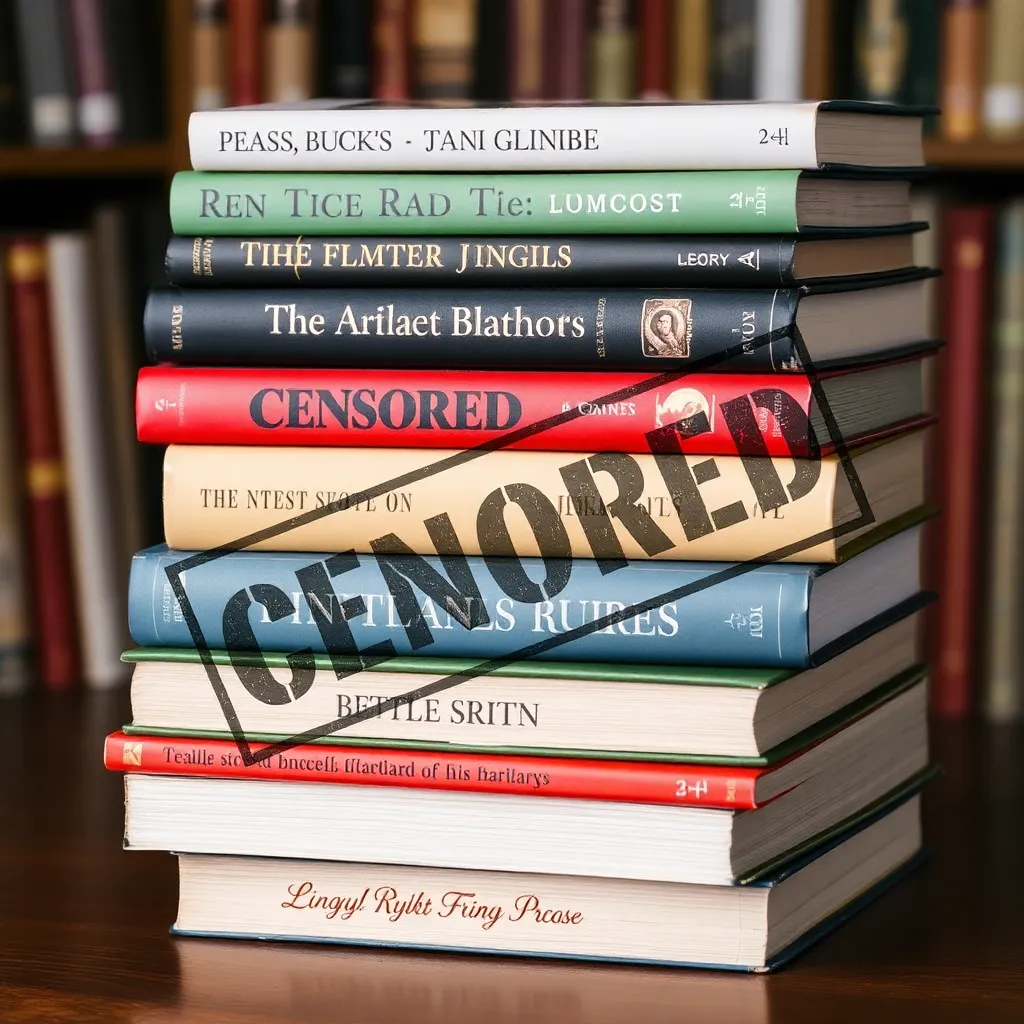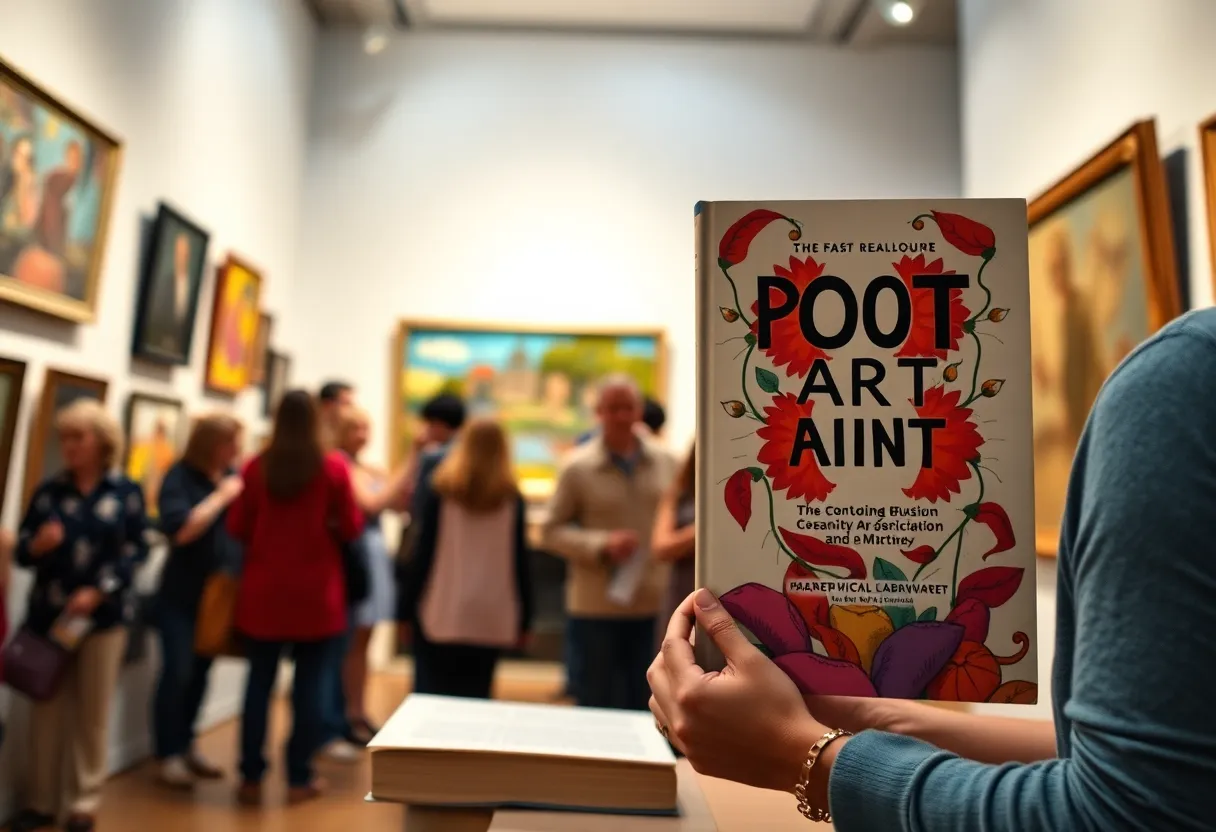South Carolina Board of Education Bans Books from Schools
In Columbia, South Carolina, the South Carolina Board of Education has taken significant action by unanimously banning its first seven books deemed inappropriate for students. This decision came on Tuesday, shortly after a new rule was implemented that allows the state to remove books containing descriptions of sexual conduct from public schools, irrespective of grade level.
Who Made the Decision?
The South Carolina Board of Education made the decision, which included members from the Instructional Materials Review Committee. The committee chair, family doctor Christian Hanley, played a pivotal role by requesting a comprehensive list of contentious or challengeable titles that could be considered dangerous for students.
What Books Were Banned?
The banned books include Elana K. Arnold’s Damsel, Colleen Hoover’s Ugly Love, Sally Rooney’s Normal People, and several popular fantasy novels by Sarah J. Maas. Notably, these works faced no public complaints prior to their removal. In fact, they were approved for review based solely on the committee’s request, which reflects growing concerns about literature being accessible in schools.
How Did the Review Process Work?
Out of eleven books evaluated by the committee, only three, classics like George Orwell’s 1984, Harper Lee’s To Kill A Mockingbird, and William Shakespeare’s Romeo and Juliet, were cleared for continued availability. Meanwhile, the fate of Ellen Hopkins’s Crank, which addresses adolescent drug addiction, has been postponed.
Why Are the Bans Controversial?
The decision to ban these books raises critical questions about academic freedom and access to diverse literature. Critics argue that books like Crank, which have been beneficial to many students, particularly regarding issues of drug use and consent, should remain available. Hopkins has argued that her book provides valuable lessons about drug use and the consequences of choices made during adolescence.
Broader Implications of the Decision
The implications of these bans extend beyond individual titles, raising concerns among parents, educators, and students about the criteria used to determine what literature is considered appropriate. The bans foster a narrative that decisions about reading material should be based on comfort levels rather than educational benefits.
Parents have expressed worries that these bans limit their children’s exposure to important topics, leading them to a lack of awareness about real issues they may face. One parent noted how vital it is for teenagers to have an understanding of topics such as consent and drug use, rather than avoiding them altogether.
The Response from the Community
The community response has been mixed. While some support the board’s actions, believing they protect students from inappropriate material, many others see the bans as a suppression of literary expression. Many advocates for literary access argue that removing books from schools ultimately puts students at a greater risk by taking away resources for learning about critical life choices.
The Call for Dialogue
As the debate continues, there’s a call for open dialogue among parents, educators, and students. Advocates suggest that instead of banning, schools could engage in discussions surrounding challenging material. This approach could encourage informed decision-making among high school students, who are preparing to enter a world with complex realities.
Ultimately, the recent actions by the South Carolina Board of Education highlight a critical moment in the conversation about educational content. Stakeholders are urged to consider both the potential impact of these bans and the responsibility of the education system to prepare students for life beyond the classroom.






